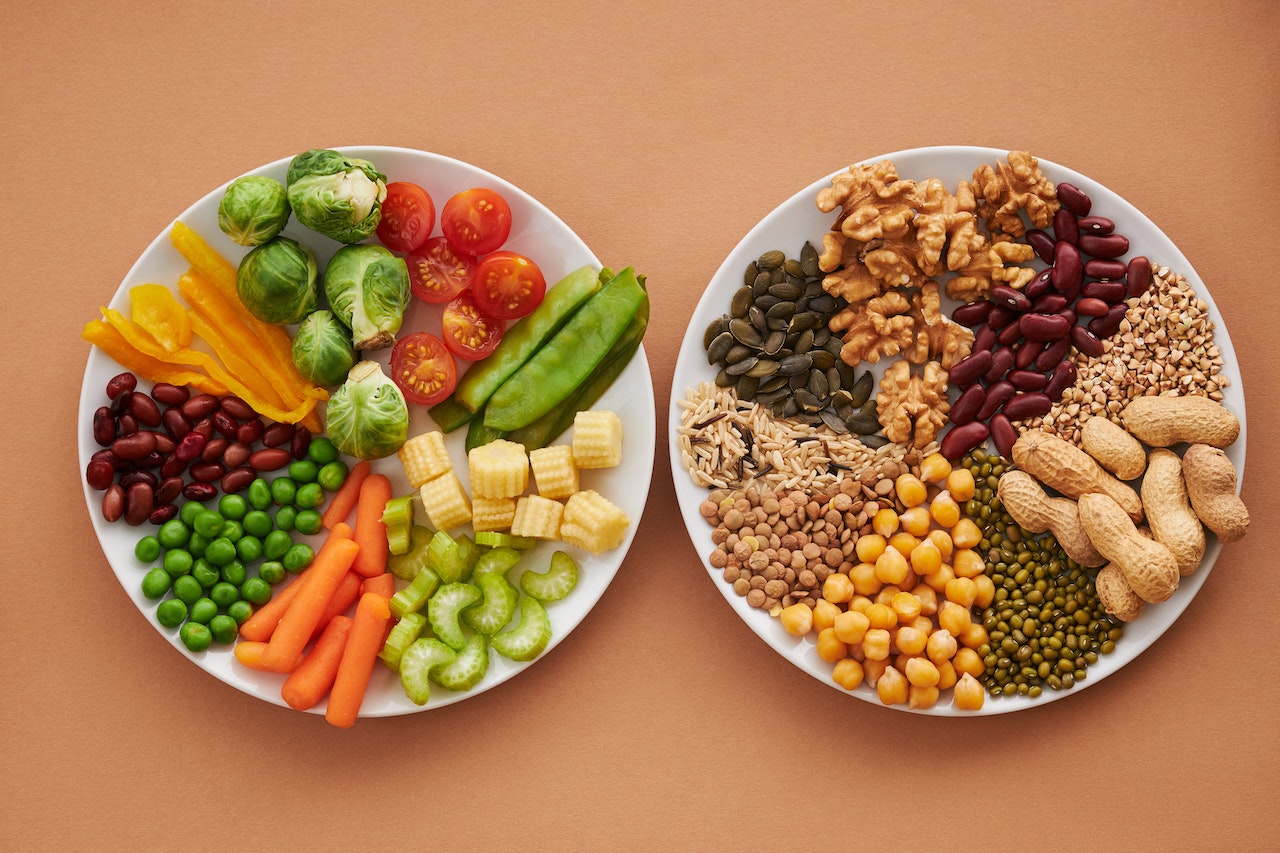A plant-based diet has become increasingly popular in recent years as more people seek to embrace a healthier and more sustainable way of eating. While the term “plant-based” may evoke different interpretations, at its core, it involves centering meals around foods derived from plants while reducing or eliminating animal products. This dietary approach emphasizes whole, nutrient-dense foods that can benefit not only personal health but also the environment. In this complete beginner’s guide, we’ll explore the principles, benefits, and practical tips for adopting a plant-based diet.
Understanding a Plant-Based Diet:
A plant-based diet revolves around whole, unprocessed foods primarily sourced from plants, including fruits, vegetables, legumes, nuts, seeds, whole grains, and plant-based proteins. While some individuals may choose to completely exclude animal products, others may occasionally include small amounts of fish, dairy, or eggs. The emphasis is on filling your plate with plant-centric foods that provide essential nutrients and support overall health.
Key Components of a Plant-Based Diet:
- Fruits and Vegetables: Make fruits and vegetables the foundation of your meals. These colorful foods are rich in vitamins, minerals, antioxidants, and fiber.
- Whole Grains: Choose whole grains like brown rice, quinoa, oats, and whole wheat pasta over refined grains for sustained energy and improved digestion.
- Legumes and Beans: Incorporate legumes such as lentils, chickpeas, and black beans into your diet. They are excellent sources of plant-based protein and fiber.
- Nuts and Seeds: Enjoy a variety of nuts and seeds like almonds, chia seeds, flaxseeds, and walnuts for healthy fats and additional nutrients.
- Plant-Based Proteins: Opt for plant-based protein sources like tofu, tempeh, seitan, and plant-based protein powders. These alternatives provide adequate protein without relying on animal products.
- Healthy Fats: Include sources of healthy fats, such as avocados, olive oil, and coconut oil, to support brain health and nutrient absorption.
- Dairy Alternatives: If you choose to exclude dairy, explore alternatives like almond milk, soy milk, coconut yogurt, and vegan cheeses.
The Health Benefits of a Plant-Based Diet:
- Improved Heart Health: A plant-based diet is associated with reduced risk factors for heart disease, such as lower cholesterol levels and blood pressure.
- Weight Management: Plant-based diets are often lower in calories and saturated fats, making them effective for weight management.
- Lower Risk of Chronic Diseases: Consuming a wide variety of plant-based foods has been linked to a reduced risk of type 2 diabetes, certain cancers, and other chronic conditions.
- Enhanced Digestive Health: The fiber-rich content of plant-based foods supports digestive health and regular bowel movements.
- Positive Impact on the Environment: Plant-based diets have a lower carbon footprint and contribute to environmental sustainability by reducing greenhouse gas emissions and water usage.
Practical Tips for Adopting a Plant-Based Diet:
- Start Gradually: If transitioning from a typical Western diet, start by incorporating more plant-based meals and gradually reducing animal products.
- Explore New Recipes: Discover a variety of plant-based recipes from different cuisines to keep meals exciting and enjoyable.
- Be Adventurous with Produce: Experiment with different fruits, vegetables, and grains to diversify your nutrient intake and discover new flavors.
- Educate Yourself: Learn about plant-based nutrition to ensure you’re meeting your nutritional needs, especially for essential nutrients like vitamin B12 and iron.
- Supplement if Necessary: If eliminating animal products entirely, consider taking supplements to ensure sufficient intake of specific nutrients.
A plant-based diet offers a nourishing and sustainable way of eating that supports personal health and the well-being of the planet. By emphasizing whole, nutrient-dense foods sourced from plants, you can enjoy a wide range of health benefits, including improved heart health, weight management, and reduced risk of chronic diseases. Embrace the plant-based diet as a journey towards better health and a positive impact on the environment. Remember that adopting a plant-based lifestyle is not about perfection but rather progress, as every plant-based meal you choose makes a difference for your health and the world around you.










